The concept of mind uploading, once relegated to the realm of science fiction, is now being seriously debated by neuroscientists, AI researchers, and futurists. At its core, it proposes a radical idea: that human consciousness—our memories, personalities, and sense of self—could one day be transferred from a biological brain into a digital or synthetic substrate. This notion sits at the crossroads of biology and artificial intelligence, raising profound questions about identity, mortality, and the very nature of existence.
The Science Behind Mind Uploading
Neuroscience has made staggering advances in mapping the brain's intricate networks. Projects like the Human Connectome Initiative aim to create comprehensive diagrams of neural connections, while breakthroughs in brain-computer interfaces (BCIs) demonstrate that electrical signals from neurons can be interpreted by machines. If we could scan a brain at sufficient resolution—perhaps using nanoscale technologies or advanced MRI techniques—theoretically, we could replicate its structure in a digital environment. This "copy" would then process information just as the original biological brain did, effectively becoming a digital version of a person's mind.
However, the challenges are immense. The human brain contains roughly 86 billion neurons, each connected to thousands of others via synapses. Capturing this complexity requires not just mapping static connections but also understanding the dynamic, ever-changing nature of neural activity. Some researchers argue that true consciousness might depend on quantum processes or other biological phenomena that can't yet be replicated digitally. Others contend that consciousness is an emergent property of sufficiently complex information processing—meaning an accurate enough simulation would, by definition, be conscious.
AI's Role in Making Uploading Possible
Artificial intelligence plays a dual role in mind uploading. First, AI systems are essential for processing the colossal datasets involved in brain mapping. Machine learning algorithms can identify patterns in neural activity that would take humans centuries to decipher. Second, AI provides the potential "destination" for uploaded minds—a digital environment where consciousness could reside. Some envision a future where human minds merge with AI, augmenting our cognition with machine precision and recall while retaining human creativity and intuition.
Companies like Neuralink are already developing high-bandwidth brain-machine interfaces, though their current focus is medical applications like treating paralysis. As these technologies advance, the line between biological and artificial cognition may blur. An intriguing possibility is gradual uploading, where portions of the brain are replaced or supplemented with artificial neurons over time, allowing consciousness to transition continuously rather than through a single disruptive event.
Philosophical and Ethical Quandaries
Beyond technical hurdles, mind uploading forces us to confront deep philosophical questions. If a perfect digital copy of your brain is created, is it truly "you," or just a replica? Would the original consciousness cease while a new one carries your memories forward? Some theorists propose that continuity of consciousness is key—if the transfer process preserves the unbroken "stream" of awareness, it might constitute survival rather than replacement. Others argue that any copy, no matter how perfect, would be a separate entity.
The ethical implications are equally complex. Would uploaded minds have rights? Could they be deleted or modified against their will? Societally, mind uploading could exacerbate inequalities if only the wealthy can afford it, potentially creating a class of digital immortals while biological humans remain bound by mortality. There are also existential risks—a hostile AI or hacker gaining control of uploaded minds could have catastrophic consequences.
The Distant Future—Or Is It?
Most experts agree that full mind uploading remains far beyond our current capabilities, likely requiring breakthroughs we can't yet envision. However, incremental progress is already underway. Brain prosthetics, increasingly sophisticated BCIs, and AI that mimics aspects of human thought all represent steps toward the ultimate fusion of biology and technology. Some futurists predict that by the end of this century, the first human minds might exist partially in digital form.
Whether this represents humanity's next evolutionary step or a dangerous departure from our biological roots depends largely on perspective. What's certain is that as neuroscience and AI continue advancing, the boundary between human and machine will grow ever fuzzier. The possibility of mind uploading forces us to reconsider what it means to be human—and whether consciousness is fundamentally tied to flesh and blood or can transcend into the digital realm.
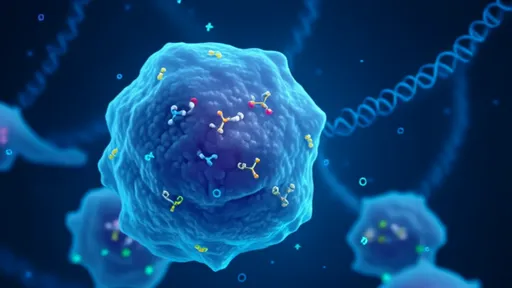
By /Jul 3, 2025
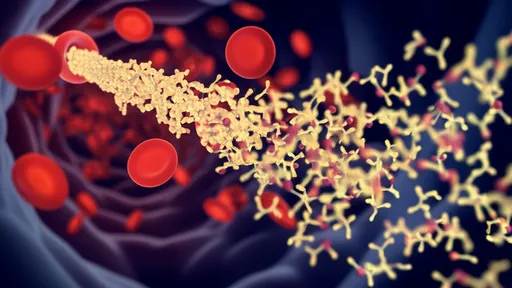
By /Jul 3, 2025
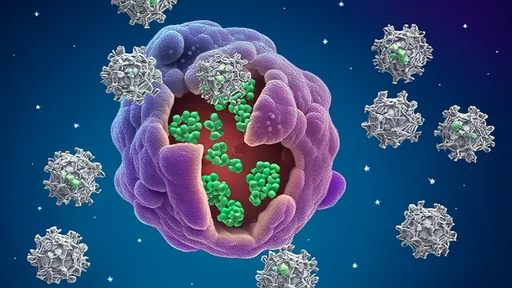
By /Jul 3, 2025
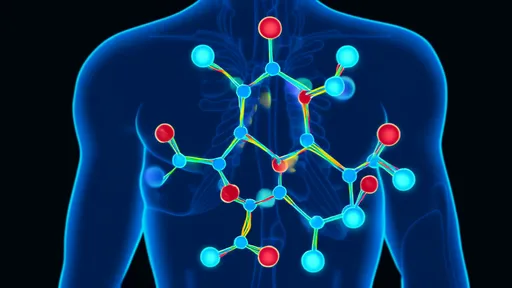
By /Jul 3, 2025
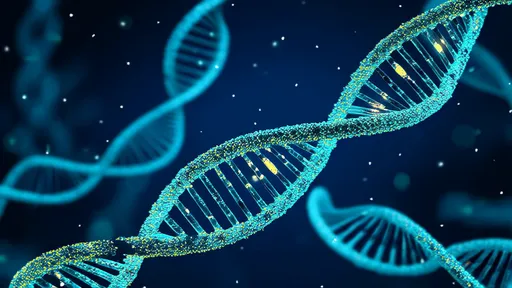
By /Jul 3, 2025
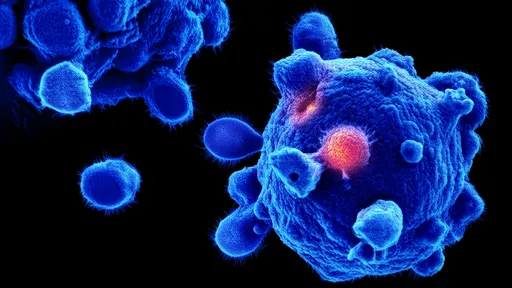
By /Jul 3, 2025
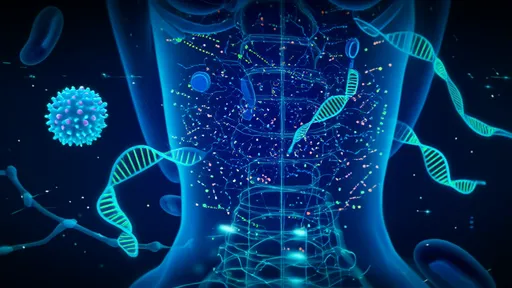
By /Jul 3, 2025
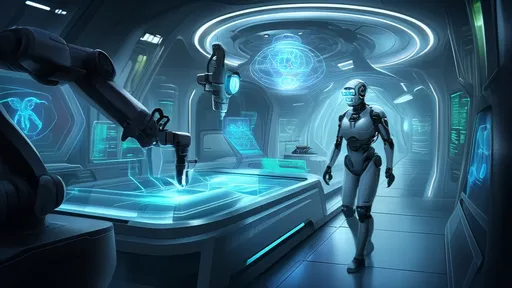
By /Jul 3, 2025
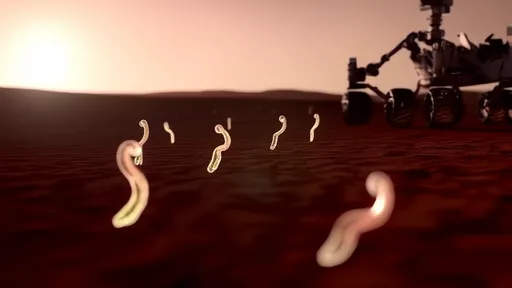
By /Jul 3, 2025
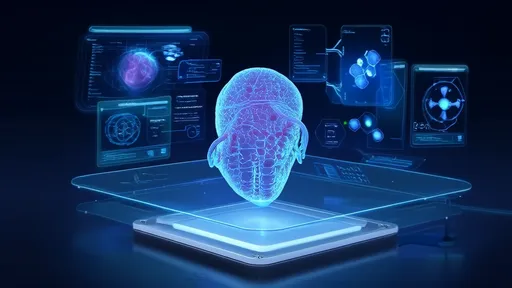
By /Jul 3, 2025

By /Jul 3, 2025
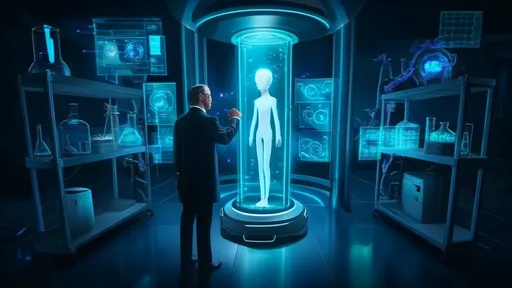
By /Jul 3, 2025

By /Jul 3, 2025
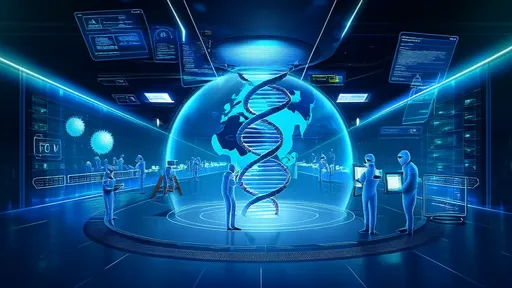
By /Jul 3, 2025
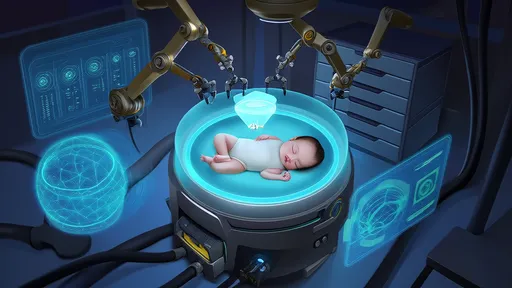
By /Jul 3, 2025
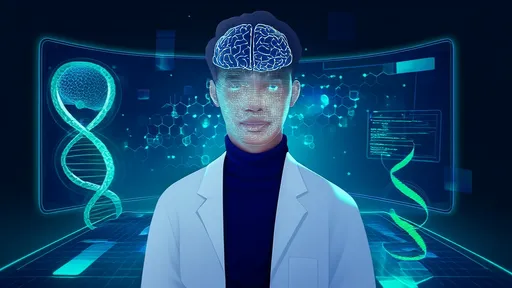
By /Jul 3, 2025
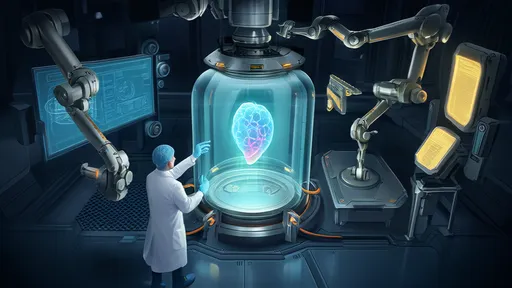
By /Jul 3, 2025
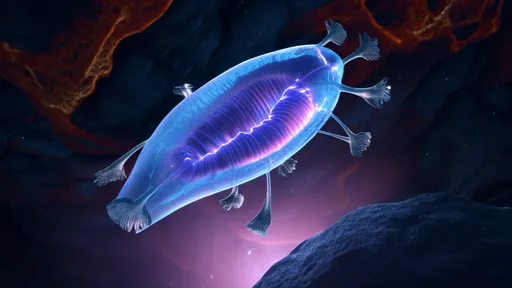
By /Jul 3, 2025
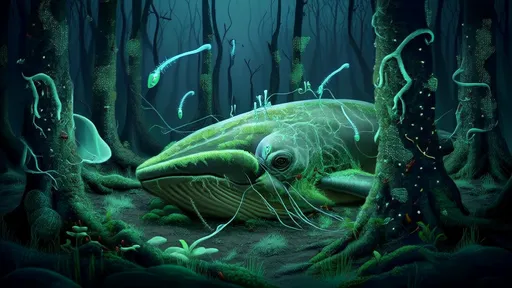
By /Jul 3, 2025
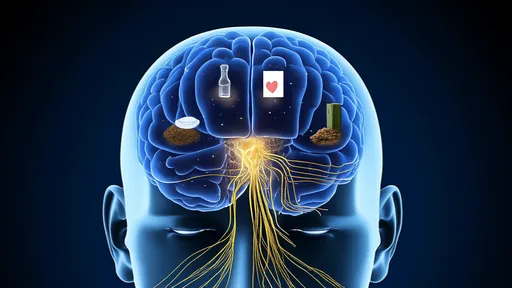
By /Jul 3, 2025